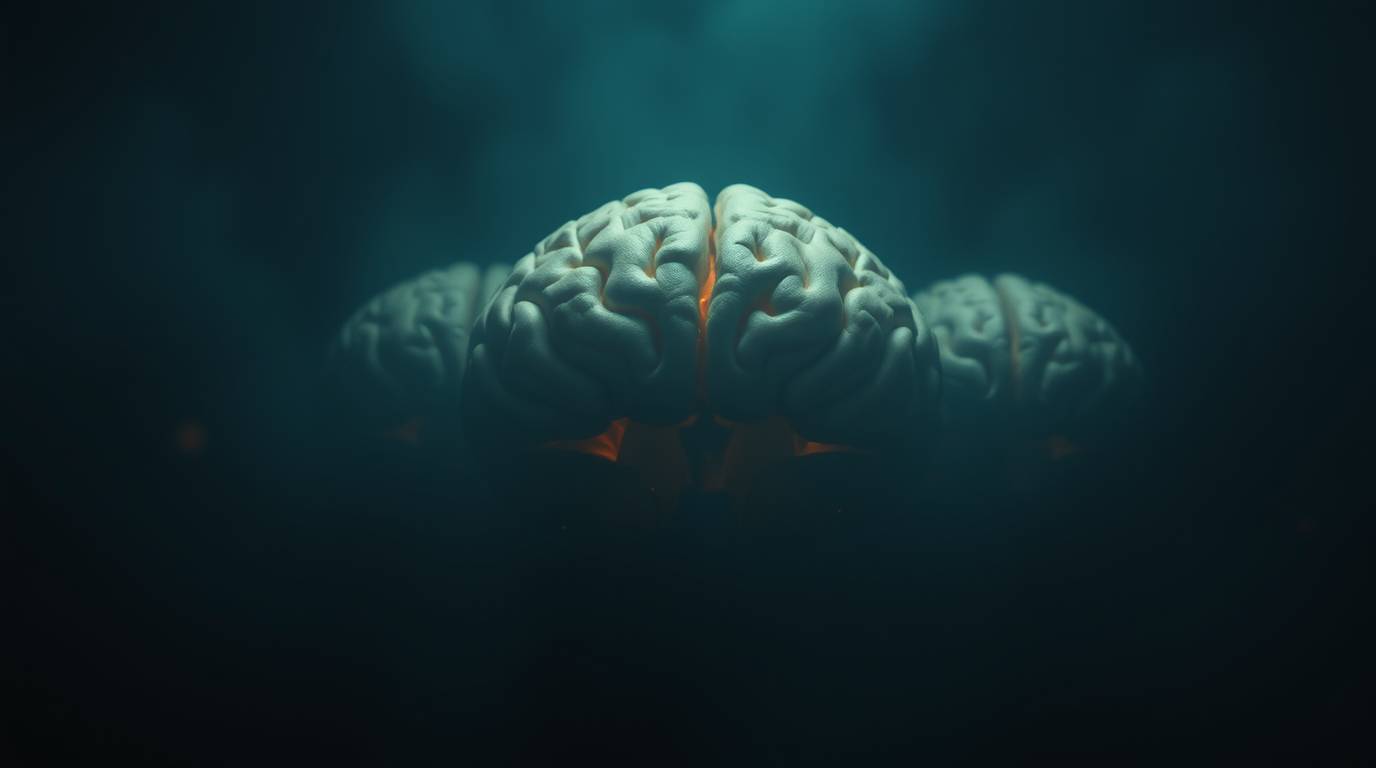The evolution of the human brain has been a fascinating journey over millions of years, marked by major leaps in cognitive and adaptive capabilities. Now the question is: what is the next step in the development of this complex organ? As science and technology merge with biology, the future of human brain development is promising and exciting.
A History of Evolution
The human brain, which weighs about three kilograms, has undergone significant changes over thousands of years. From early primates to modern humans, this subject has expanded in scope and complexity. The brain, which is responsible for higher-order thinking, underwent significant development during this period. Such development helped to develop language, tool use, and the complex concepts that set humans apart from other species.
The journey, however, was not easy. Environmental changes, dietary changes, and lifestyles all played a role in the evolution of the brain. Fossil evidence, such as the skulls of Australopithecus afarensis and Homo habilis, show a gradual increase in brain size and neuronal density over time.
The Modern Human Brain: Frontier Features
Today, the human brain has incredible capabilities. These include memory, creativity, problem-solving, and intelligence. However, it operates within certain limits. Cognitive decline, processing speed, and diseases such as Alzheimer’s and Parkinson’s limit its ability to function.
Research shows that a modern lifestyle, characterized by constant distractions and stress, can tax the brain. Although robust, the brain’s biological systems cannot adapt quickly to rapid societal changes.
Neuroplasticity: Connecting the Brain
A key feature of the human brain is neuroplasticitythe ability to rewire and form new networks throughout life. These properties are dependent on learning, healing from injury, and adapting to new environments. Neuroscientists are looking for ways to improve brain function through exercise, technology, and drugs.
For example, practices such as meditation and brain training programs have been shown to improve attention and memory. Similarly, advances in neurogenesis research – the process of creating new neurons – may open up other possibilities.
The mind is the development of the brain
One of the most interesting connections between science and the human brain is artificial intelligence (AI). AI and machine learning are not just tools, they have the potential to extend human intelligence. Brain-computer interfaces (BCIs) have been developed to improve memory, communication and problem-solving skills.
These devices can combine biological and digital intelligence. However, there are ethical issues of privacy, autonomy, and dependency. Should humans push the limits of this symbiosis?
Genetic Development and Evolution
The next step in the evolution of the brain is the intelligence of the species. With CRISPR and related technologies, genetic modifications related to intelligence, memory, and creativity could become a reality. Scientists have identified hundreds of genes that affect thinking abilities, which are possible. The implications are significant, however. Debates continue about eugenics, gender, and the harmful effects of genetic modification. However, developments in this area promise revolutionary potential if done right.
Ethical Issues and Consequences
The ability to enhance the human brain poses significant challenges. These include social inequality, access, and the effects of the divide between the advanced and the underdeveloped. Moreover, interfering with the most important aspects of human biology raises philosophical and existential questions about humanity.
Planning for the future
For brain development to benefit everyone, global cooperation and good practice are needed. The collaborative efforts of biologists, ethologists, policy makers and technologists will shape a sustainable future.
Educational programs that focus on critical thinking, intelligence and adaptability will also prepare people for rapid change. These skills are important as humanity enters a time of unprecedented change.
Evolution of the Human Brain: Conclusion
The future of human brain development is both promising and uncertain. While scientific advances offer opportunities to overcome existing challenges, they also require careful consideration of ethical, social, and cultural issues. Through a holistic and responsible approach, humans can unleash the full potential of their unique components, paving the way for extraordinary advances in knowledge, creativity, and adaptation.
Read more about Technology here
Read more about Science here
Image credits https://leonardo.ai

